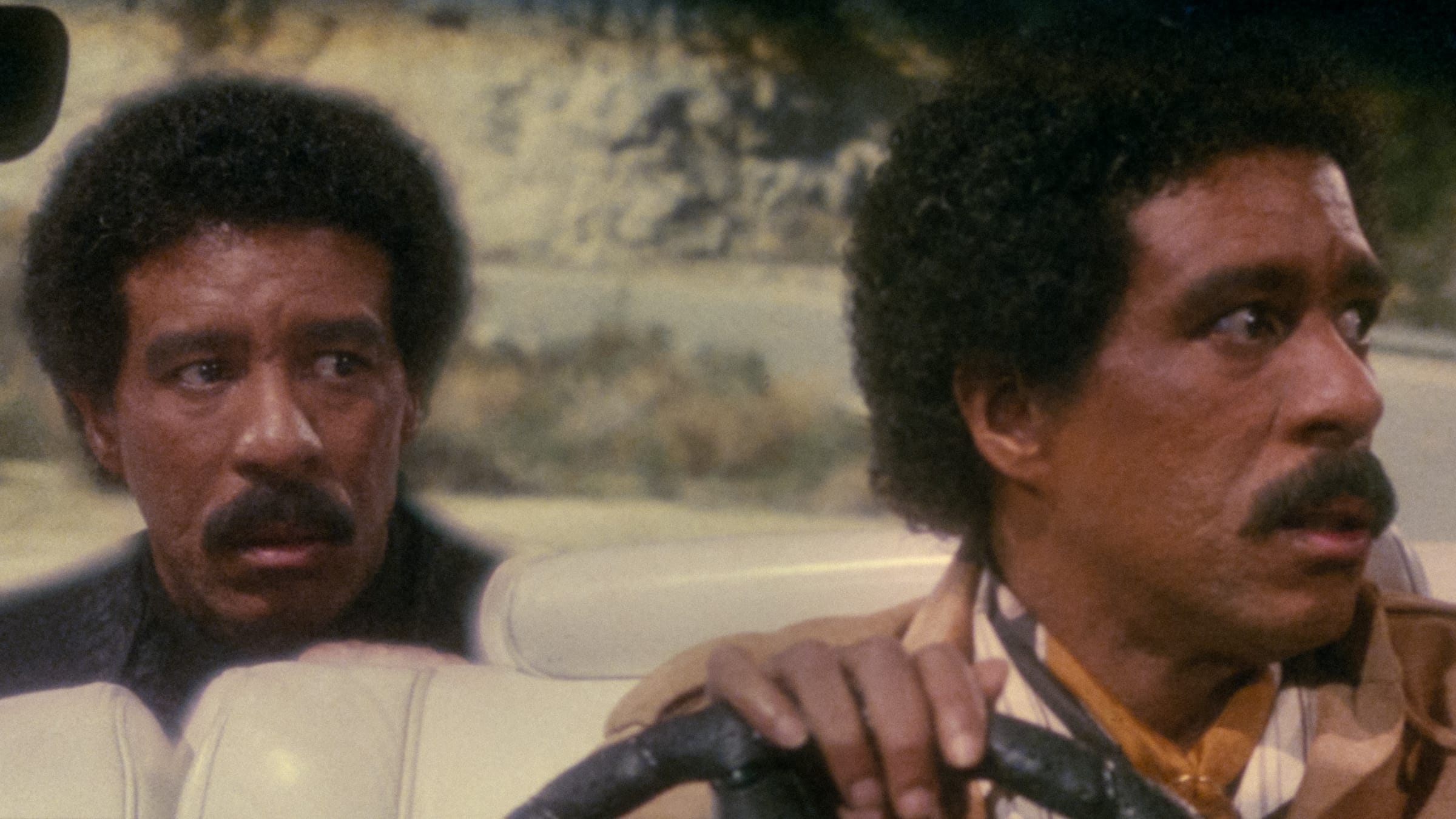(ThyBlackMan.com) Donald Trump has claimed credit for ending abortion in most of the 11 states that made up the confederacy through his appointment of three conservative justices to the Supreme Court during his presidency, Neil Gorsuch, Brett Kavanaugh, and Amy Coney Barrett. These appointments shifted the balance of the court to a more conservative majority, leading to the overturn of Roe v. Wade, the landmark decision legalizing abortion in the United States.

The abortion debate in the United States has long been a deeply polarizing and divisive issue, with passionate advocates on both sides. Some people see it as a fundamental battle over human rights and moral values, akin to the divisions that led to the Civil War. And just as the Civil War the issue of abortion carries significant moral, ethical, and political weight.
The Civil War was a violent and bloody conflict that tore the nation apart over fundamental issues of slavery, state sovereignty, and the very structure of the United States. Abortion, on the other hand, is indisputably a contentious issue that sparks passionate arguments and political battles. Although some abortion providers have been killed, such as Dr. George Richard Tiller of Wichita, Kansas, and abortion clinics were bombed, the battlefields of abortion have primarily been fought in legislatures, courts, and in public discourse. During the 50 years after January 22, 1973, when the Supreme Court issued its landmark 7–2 decision in Roe v. Wade, protecting a woman’s constitutional right to choose, for the most part, the abortion fight has been nonviolent.
However, like the Civil War, the abortion debate touches upon profound questions of human rights, bodily autonomy, moral values, and the role of government in personal matters. It’s an issue that has divided families, communities, and political parties for decades. It is also becoming a critical focal point of contention in the upcoming presidential election.
It is perhaps not ironic or no coincidence that most of the current states that have the strictest abortion ban were the 11 states that made up the Confederate States of America: Texas, Arkansas, Louisiana, Tennessee, Mississippi, Alabama, Georgia, Florida, South Carolina, North Carolina, and Virginia.
Adding to the Civil War and abortion analogy is the Arizona Supreme Court ruling that a 160-year-old near-total abortion ban still on the books in the state is enforceable, a bombshell decision that adds the state to the growing list of places where abortion care is effectively banned. The ruling allows to stand an Arizona 1864 Civil War law that made abortion a felony punishable by two to five years in prison for anyone who performs or helps a woman obtain an abortion. The law was enacted 52 years before Arizona gained statehood.
The Civil War and the abortion debate in the United States similarity can be viewed in four broad categories: (1) Moral and Ethical Divides, (2) States’ Rights vs. Federal Authority (3) Individual Liberties, and (4) the Role of Government.
- Moral and Ethical Divides: The Civil War was, at its core, a moral and ethical conflict over the evil unChristlike institution of slavery. Similarly, the abortion debate is often framed in moral and ethical terms, with one side arguing for the rights of the unborn fetus and the other advocating for the rights and autonomy of the pregnant woman.
- States’ Rights vs. Federal Authority: One of the underlying causes of the Civil War was the tension between states’ rights and federal authority. The Southern states, in particular, asserted their rights to govern themselves, including the right to maintain slavery, while the federal government sought to assert its authority over the entire nation. Similarly, in the abortion debate, there’s a conflict between states’ rights to regulate abortion within their borders and federal intervention, as seen in Supreme Court decisions like Roe v. Wade.
- Individual Liberties: Both the Civil War and the abortion debate involve questions about individual liberties. In the Civil War era, the fundamental question was the right of individuals to be free from slavery and to exercise their autonomy as human beings made in God’s image. In the abortion debate, the central issue revolves around a woman’s right to control her own body and make decisions about her reproductive health.
- Role of Government: Both issues raise questions about the proper role of government in regulating personal matters. In the Civil War era, the question was whether the federal government had the authority to intervene in the institution of slavery. In the abortion debate, it’s about whether the government should regulate or restrict access to abortion and reproductive healthcare.
While there are parallels between the Civil War and the abortion debate, it’s essential to recognize the differences in context, and the issues, and the stakes involved in each case. The Civil War was a violent conflict that resulted in the loss of hundreds of thousands of lives and fundamentally reshaped the nation. The abortion debate, while combative, is a legal and political struggle over reproductive rights and healthcare. However, it too may reshape the nation.
Far-right religious groups and political organizations have used the issue of abortion for years to rally support for their dream of what America should be. They are now on the precipice of transforming America into a Handmaid’s Tale society where women and minorities have little or no rights as outlined in the Heritage Foundation’s Project 2025 document. They are hoping that this election will be the election that they will make their dream of America a reality. If Donald Trump is elected in November those who still have the 19 century southerners’ beliefs and values of the Civil War era could win. We could lose our democracy —and Donald Trump could become president for life.
Staff Writer; Dr. Robert J. Walker
RJW is a retired Professor of Education. He is a prolific writer and the author of 12 Characteristics of an Effective Teacher.
One may contact him at; RJWalker@ThyBlackMan.com.

















Leave a Reply